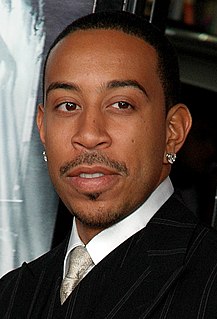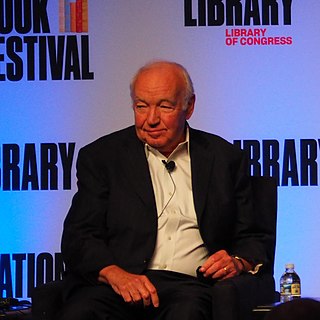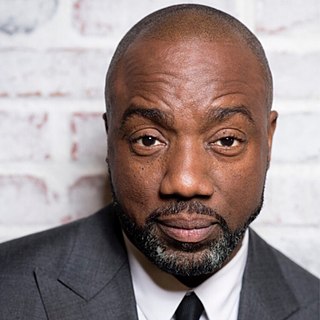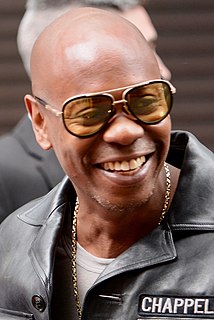A Quote by Lawrence O'Donnell
I discovered, to my surprise, that writing for live television made me a faster writer.
Quote Topics
Related Quotes
I think the trick of being a writer is to basically put your cards out there all the time and be willing to be as in the dark about what happens next as your reader would be at that time. And then you can really surprise yourself. There's that cliche, "No surprise for the writer, no surprise for the reader!"
We now live in an amazing digital world, and television is firmly part of that brave new world. Television is still the way to reach the most citizens and talk to them – and with them - about how the EU affects their lives. It's still the way to bring people together – to laugh, to debate, to learn. In a world that takes a faster and faster pace, it is nice to know you can slow down once in a while with a good TV programme.
The process of writing fiction is totally unconscious. It comes from what you are learning, as you live, from within. For me, all writing is a process of discovery. We are looking for the meaning of life. No matter where you are, there are conflicts and dramas everywhere. It is the process of what it means to be a human being; how you react and are reacted upon, these inward and outer pressures. If you are writing with a direct cause in mind, you are writing propaganda. It's fatal for a fiction writer.
I discovered that I, a writer of what is known as creative nonfiction, could do the research and bridge the gap in my books and lectures through true storytelling. This is not 'dumbing down' or writing for eighth graders. It is writing for readers across cultures, age barriers, social and political landscapes.

































